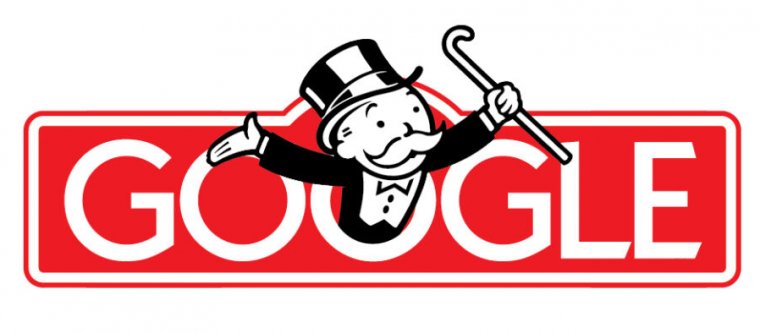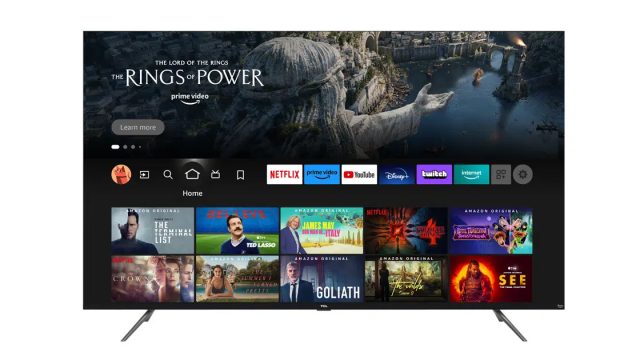
Can Android manufacturers ship devices that run Android forks? That's a tough and scary question for OEMs to ask, and Google has probably liked it that way. The contracts Android OEMs sign with Google—which are needed to license the Play Store and other Google apps—says, flatly, "no forks." Google says forking Android would damage the Android ecosystem, so OEMs must pledge to never be involved in the production of a device that runs a fork of Android. Some regulatory bodies—namely in the EU—have ruled that the "no forks" clause of the Android contract is not legal and that Google can't punish OEMs that stray outside the walled garden. The EU doesn't control the whole world, though, so while Google can't punish manufacturers inside the EU, what happens in the rest of the world?
Google's anti-fork clause has always been a big problem for Amazon, whose Fire OS is the No. 1 Android fork out there. With most of the major tech manufacturers somehow involved in producing Android phones, tablets, TVs, laptops, cars, or watches, Amazon has always had to claw and scrape to find someone willing to make Fire devices. Amazon complained about this to the Competition Commission of India last week, saying, "At least seven OEMs have indicated that their ability to enter into a manufacturing relationship of this kind with Amazon is either blocked entirely or significantly limited (e.g., in terms of geographic scope) by their contractual commitments to Google." India is Android's biggest market, so any rulings there will be worth paying attention to.
A new report from Protocol's Janko Roettgers says that Google is caving on this restriction, at least for televisions. The report says that Google and Amazon have "struck a deal" allowing Android manufacturers to make TVs that run Fire TV OS, and that TCL, Xiaomi, and Hisense will offer products in both ecosystems. TCL has already announced the lovingly named "CF63K Fire TV series" of televisions—4K, 60 Hz Fire TV displays with Amazon Alexa. The company also makes sets with Android TV and Roku software. Xiaomi, a stalwart Android OEM, also announced a Fire TV set this May.
Google's agreements with manufacturers are confidential, so it has been many years since we've gotten a look at exactly what manufacturers are constantly agreeing to. Generally, though, the story goes that the Android platform codebase is open source, and the Google apps are not. Manufacturers aiming to build a viable product all need access to the Play Store, all the core APIs locked away in Play Services, and killer Google apps like YouTube and Google Maps. These apps (and the Android name, a registered trademark of Google) all need to be licensed, and that license contains an "anti-fragmentation" agreement that bans manufacturers from being involved with a device that doesn't run a Google-approved version of Android. If a manufacturer builds a forked device and violates this contract, Google can revoke their Google app license and kick them out of the Android ecosystem. The Competition Commission of India's investigation reiterates a lot of these points, but sadly all the juicy bits are redacted.
Despite the manufacturers seemingly getting the OK from Google to make devices for a competitor, Google is still keeping things murky. Protocol says that "officially, Google’s position remains unchanged," and the company provided a statement indicating these anti-fragmentation rules are still in place. The rules clearly aren't in place, though, and Google has been ordered by the EU to specifically not have them in place. The Xiaomi and TCL Fire TVs are only announced for Europe, so maybe Google is going with different rules for different places. The proof will be in what devices ship in which countries.
Reader Comments (101)
View comments on forumLoading comments...